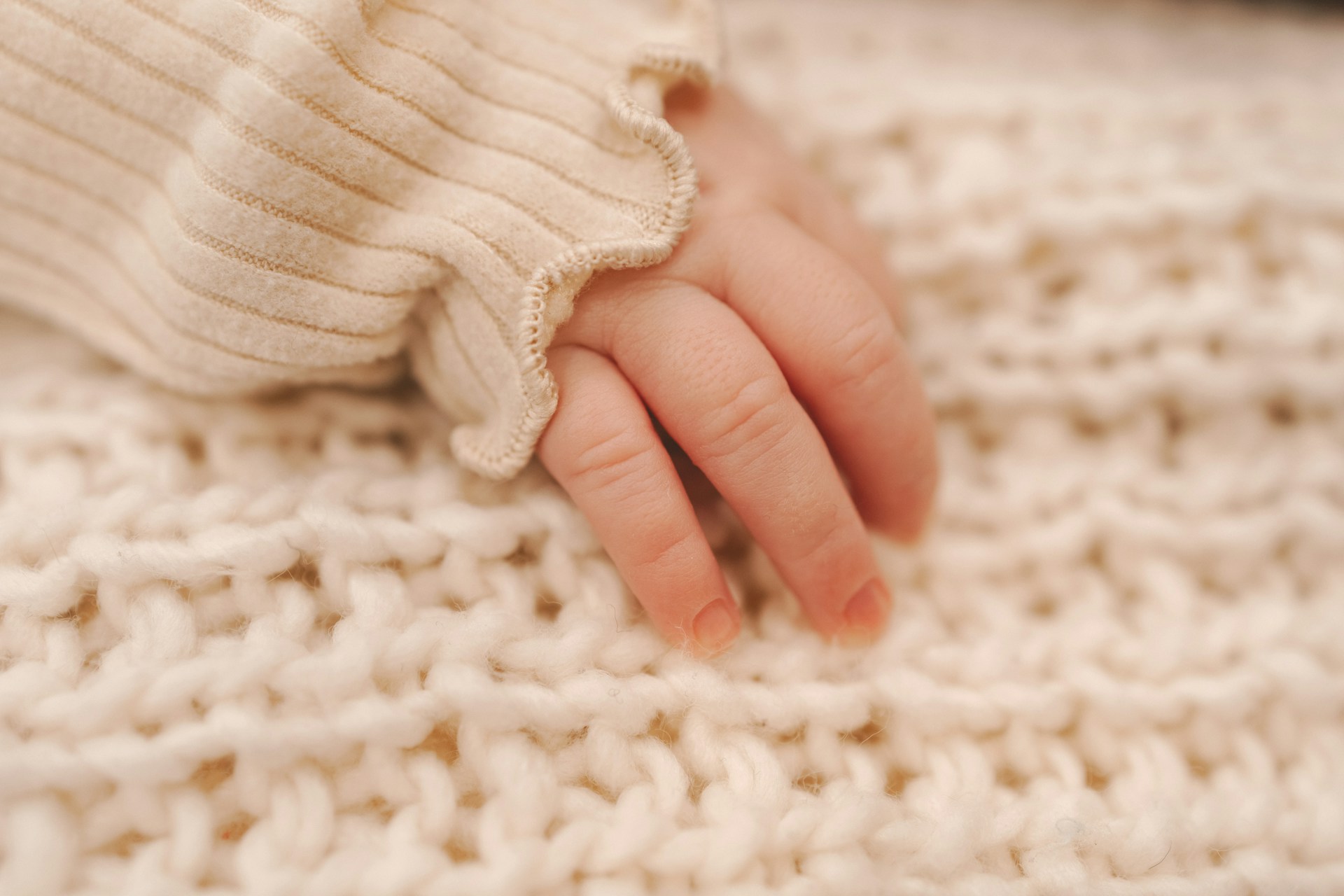In a move that has sparked intense debate and outrage, the Massachusetts House of Representatives has unanimously passed a bill that would permit women to sell their babies to the highest bidder. The bill, which proponents argue is a step forward for LGBTQ rights, fundamentally alters the state’s surrogacy laws and raises profound ethical and moral questions about the commodification of human life.
Currently, Massachusetts allows for both paid and traditional surrogacy. However, traditional surrogacy requires the prospective parents to adopt the baby, ensuring they undergo background checks and that at least one parent is biologically related to the child. This process, advocates argue, provides essential protections for children by ensuring they are placed in safe, vetted homes.
The new bill, however, significantly changes these parameters. It removes the requirement for adoption and background checks, allowing for direct financial transactions between the surrogate mother and prospective parents. Critics contend this opens the door to exploitation and abuse, as it removes critical safeguards designed to protect the welfare of the child.
The bill also redefines parenthood within the state’s legal framework. Parenthood will no longer be based on biological ties or adoption but rather on a person’s intent to be a parent. This shift effectively erases traditional definitions of motherhood and fatherhood, replacing them with gender-neutral terms, a move that has further fueled controversy.
Opponents of the bill argue that surrogacy, particularly commercial surrogacy, is inherently exploitative. They contend it treats women as mere vessels and children as commodities to be bought and sold. The bill enables particularly extreme forms of surrogacy, where women can carry and sell their own biological children. This practice, they argue, amounts to legalized baby-selling.
“The single best predictor of child abuse is the presence of a stepparent in the home,” notes one study cited by critics. By removing the requirement for thorough vetting through the adoption process, opponents fear that children are at greater risk of being placed in dangerous environments. Cases like Adam Stafford King and the tragic story of Mark Newton and Peter Truong, who exploited surrogacy arrangements for heinous abuses, underscore these fears.
Under the new legislation, it will be legal for a woman to become pregnant via sperm donation, undergo the necessary screenings to become a surrogate, and then offer her unborn child to the highest bidder. This arrangement can be legally validated by a court, ensuring the transaction is not only permissible but binding.
The bill now moves to the state senate for consideration, where it is expected to face fierce opposition. Proponents argue it enhances reproductive rights and supports diverse family structures, while critics decry it as a dangerous commodification of human life that undermines the very essence of parenthood and child protection.
This legislative development has ignited a firestorm of ethical debates and will likely continue to stir public consciousness as it progresses through the legislative process. The implications of the bill, if passed into law, are profound, challenging long-held beliefs about family, parenthood, and the protection of society’s most vulnerable members.


Leave a Comment